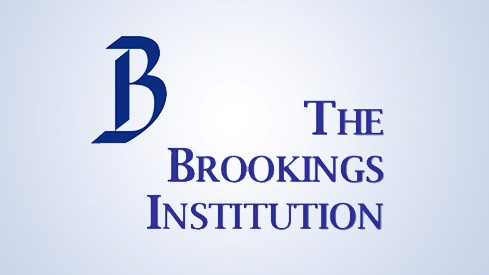If you are a member of the #GLI Career Community and are pursuing a degree in Government, you are most likely familiar with the name Brookings Institution. With this prominent and highly respected institution’s summer internship application now open, a more detailed understanding of the institute and the internship is warranted. If you are interested in learning more about the Brookings Institute because you plan on applying for the internship, or because you simply want to know more about arguably the most influential think tank in the U.S. (and perhaps the world), read on!
The Brookings Institution, founded in 1916 as the “first private organization devoted to analyzing public policy issues at the national level,” analyzes policy issues and suggests policy solutions for an incredibly broad range of topics. A quick glance at the Brookings Institution’s website reveals that the institution covers issues ranging from state and local governance to national education policy to global poverty. The Brookings Institution has over 300 scholars dedicated to developing deeper understandings of their respective issues. Furthermore, given the Brookings Institution’s center-left political stance, scholarly positions are often held by top-ranking members of the Democratic executive branch during terms in which Republicans hold the executive branch. Given the institution’s close ties with government and its unrivaled reputation as a respectable center-left think-tank, research conducted at Brookings is often considered by federal lawmakers in the bill-writing process. Perhaps most excitingly—at least from the perspective of undergrads—is that the Brookings Institution offers internships year-round. At the moment, the summer internship application period is currently open.
If you would like to apply to the Brookings’ summer internship program simply click here. Internships are specified by foci, ranging from events and communications internships to research internships on a myriad of issues. To apply, you will need a resume, a cover letter, and your academic transcript. If you are accepted, you will also need two letters of recommendation. Should you need help with your interviewing skills, your resume, or your cover letter you can schedule an appointment with Ty Collins at the Career Center at any time by clicking here. The application window for the summer internships closes on February 28th.
Jonathan Hogan

Jonathan is a Second Year German and Government major. He works as a Career Peer Educator to assist students in the CJW and GLI career communities. In addition to professional development, Jonathan is interested in the cultural construction of the modern nation-state, normative constraints on rational behavior, and all things German. You can schedule an appointment with him here to improve your resume, learn more about the CJW and GLI career opportunities, and work on anything else professional development-related.
